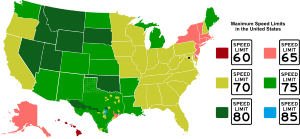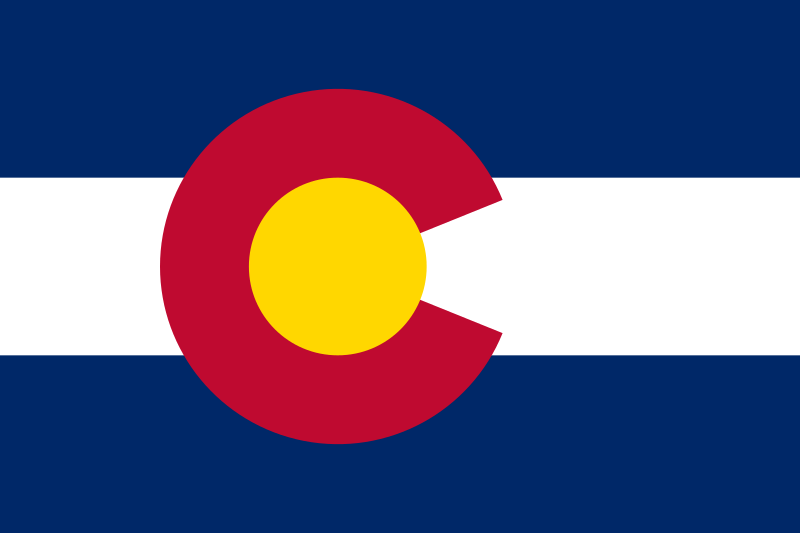
Vermont speed limits, laws and fines
Content
The following is an overview of the laws, restrictions, and penalties associated with traffic violations in the state of Vermont.
Speed limits in Vermont
65 mph: rural highways
55 mph: Urban interstates and freeways, and limited-access rural two-lane roads.
50 mph: Other roads and restricted highways.
25-50 mph: residential areas
15-25 mph: school zones as indicated
Vermont Code at Reasonable and Reasonable Speed
The law of maximum speed:
According to section 1081(a) of the VT Motor Vehicle Code, "No one shall operate a vehicle at a speed that is more than reasonable and prudent under the circumstances, taking into account the actual and potential hazards then existing."
Minimum speed law:
Vermont does not have a statutory minimum speed limit, however it does have a law requiring anyone obstructing traffic to "pull off the highway at the earliest opportunity to allow traffic to pass before proceeding", under Section 1082.
Also pursuant to section 1082, "A person traveling at a speed below normal must drive in the right lane available for traffic, or as close as possible to the right curb or edge of the highway."
Signs may be placed to direct slower moving vehicles to specific lanes.
Due to differences in speedometer calibration, tire size, and inaccuracies in speed detection technology, it is rare for an officer to stop a driver for speeding less than five miles. However, technically, any excess can be considered a speed violation, so it is recommended not to go beyond the established limits.
Vermont has an absolute speed limit law. This means that a driver cannot challenge a speeding ticket on the grounds that they were driving safely despite exceeding the speed limit. However, the driver can go to court and plead not guilty on the basis of one of the following:
The driver may object to the determination of the speed. To qualify for this protection, the driver must know how his or her speed was determined and then learn to disprove its accuracy.
The driver may claim that, due to an emergency, the driver violated the speed limit to prevent injury or damage to himself or others.
The driver may report a case of misidentification. If a police officer records a driver speeding and subsequently has to find him again in a traffic jam, he may have made a mistake and stopped the wrong car.
Speeding ticket in Vermont
First-time offenders may:
Be fined $47 or more
Suspend license (based on a points system)
Reckless driving ticket in Vermont
Exceeding the speed limit by 30 mph is automatically considered reckless driving (technically called reckless driving) in this condition.
First-time offenders may:
Be fined $47 or more
Be sentenced to imprisonment for up to one year
Suspend the license for up to 30 days.
Violators may be required to take driver retraining courses.
